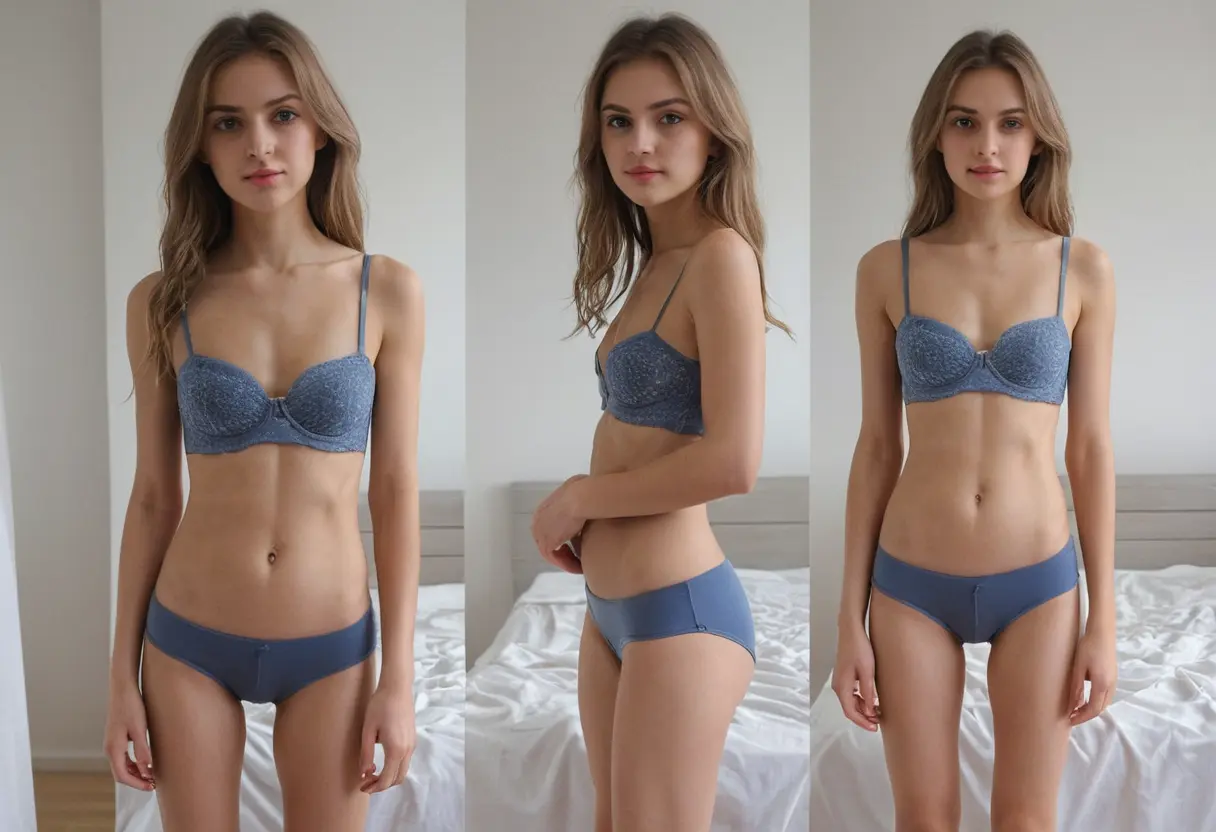As artificial intelligence (AI) continues to evolve, it is dramatically reshaping the fashion industry, particularly in the realms of virtual clothing and personalized style experiences. AI is no longer just a tool for improving design processes or managing inventory; it is now revolutionizing how consumers interact with fashion, offering immersive, personalized, and interactive experiences. From virtual try-ons to AI-powered styling assistants, this technology is paving the way for a new era of fashion retail, where the boundaries between the physical and virtual worlds are increasingly blurred. In this article, we will explore the future of AI in virtual clothing and style experiences, covering current advancements, potential applications, and the opportunities and challenges that lie ahead.
One of the most significant innovations AI has introduced to fashion is the concept of virtual try-ons. By utilizing augmented reality (AR) and machine learning, AI-powered virtual fitting rooms allow consumers to try on clothes digitally before making a purchase. This technology analyzes a customer’s body shape and size to offer a realistic preview of how clothes will look on them.

Benefits of Virtual Try-Ons:

As AI continues to improve, virtual try-on experiences will become more sophisticated, offering greater accuracy and a wider range of options. In the future, consumers may be able to try on clothing items in different environments, adjust for lighting, and even experiment with different hairstyles or makeup to create a truly holistic virtual styling session.

AI-driven styling assistants are quickly becoming an essential tool for online shoppers looking for personalized fashion advice. These assistants use machine learning to understand a customer’s style preferences, body type, and past purchasing behavior to recommend outfits tailored to their individual tastes.
Key Features of AI Styling Assistants:
In the future, AI assistants could evolve to provide real-time advice while users shop, suggesting items based on current trends, the season, or even events the user plans to attend. They could also suggest sustainable fashion choices, encouraging more eco-friendly consumer behavior.
AI’s influence in fashion extends beyond the consumer experience to the design and creation of clothing. Designers are increasingly turning to AI to help with trend forecasting, fabric innovation, and even the creation of new styles. By analyzing vast amounts of data from fashion shows, social media, and e-commerce platforms, AI can predict what styles will be popular in the coming months or years.
Applications of AI in Fashion Design:
As AI becomes more integrated into the design process, it could potentially shorten design cycles and reduce waste by enabling more efficient production methods. This also opens doors for more sustainable fashion, as AI can help create eco-friendly designs that appeal to environmentally conscious consumers.
AI is playing a crucial role in promoting sustainability within the fashion industry. By enabling more accurate demand forecasting and improving supply chain transparency, AI can help reduce overproduction and waste. Additionally, AI-powered tools can assess the environmental impact of materials and manufacturing processes, allowing brands to make more sustainable decisions.
How AI Supports Sustainable Fashion:
In the future, AI may even enable more personalized, sustainable shopping experiences by recommending second-hand or upcycled clothing options to consumers, fostering a more circular fashion economy.
While the potential of AI in virtual clothing and style experiences is immense, there are still challenges to overcome. Data privacy concerns, the need for significant computational power, and the challenge of accurately replicating human body shapes and movements are some of the obstacles that need to be addressed. Additionally, the widespread adoption of AI in fashion could lead to job displacement in certain sectors, particularly in traditional retail environments.
Opportunities:
Despite these challenges, the future of AI in virtual clothing and style experiences is incredibly promising, and with continued advancements, we can expect to see even more personalized, immersive, and sustainable fashion experiences in the near future.
The future of AI in virtual clothing and style experiences holds tremendous promise for both consumers and designers alike. As AI technology continues to advance, we can expect more immersive and personalized shopping experiences, greater sustainability in fashion production, and innovative solutions for styling and design. While challenges such as data privacy and accessibility remain, the opportunities for AI to revolutionize the fashion industry are clear. In the coming years, we will likely see AI become a central player in shaping the future of fashion, transforming how we shop, create, and experience style.







copyright © 2023 powered by undress.ai mod sitemap